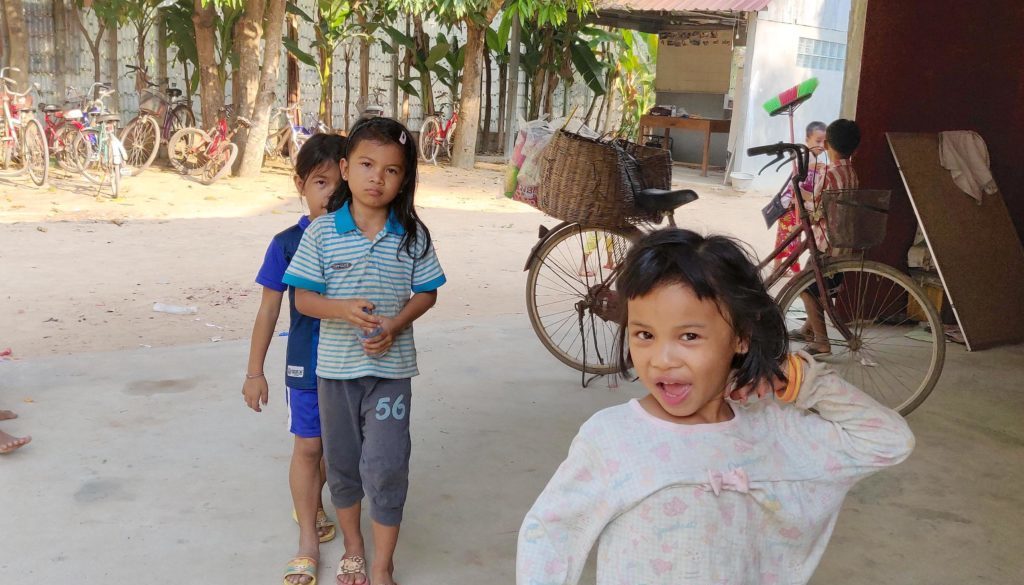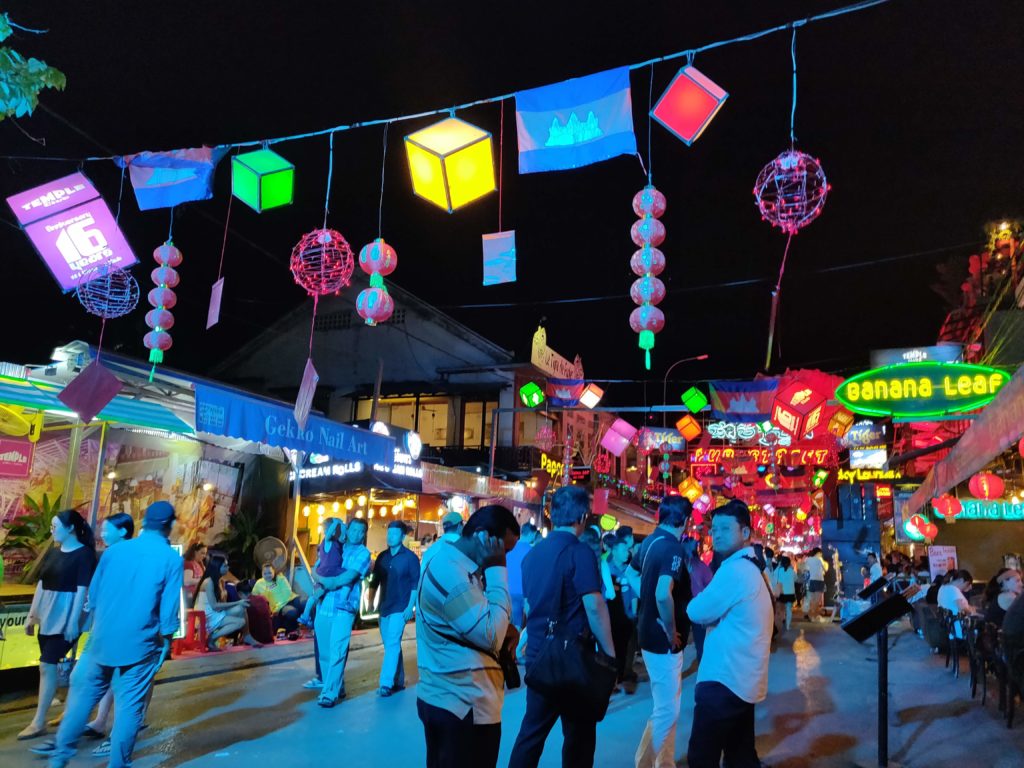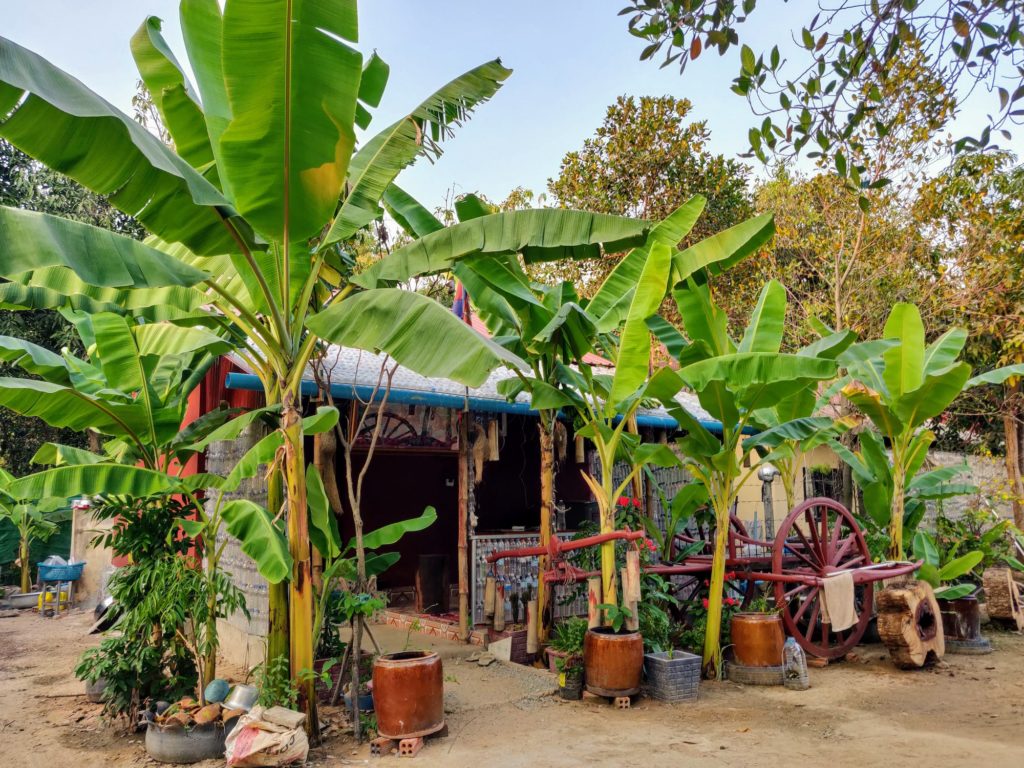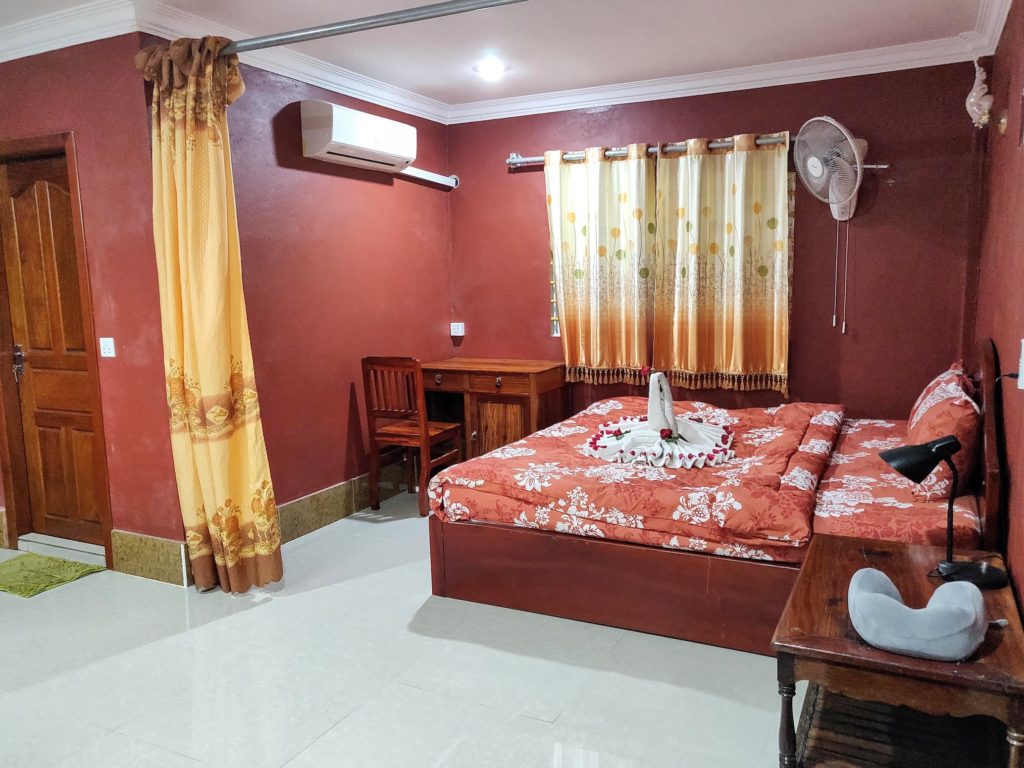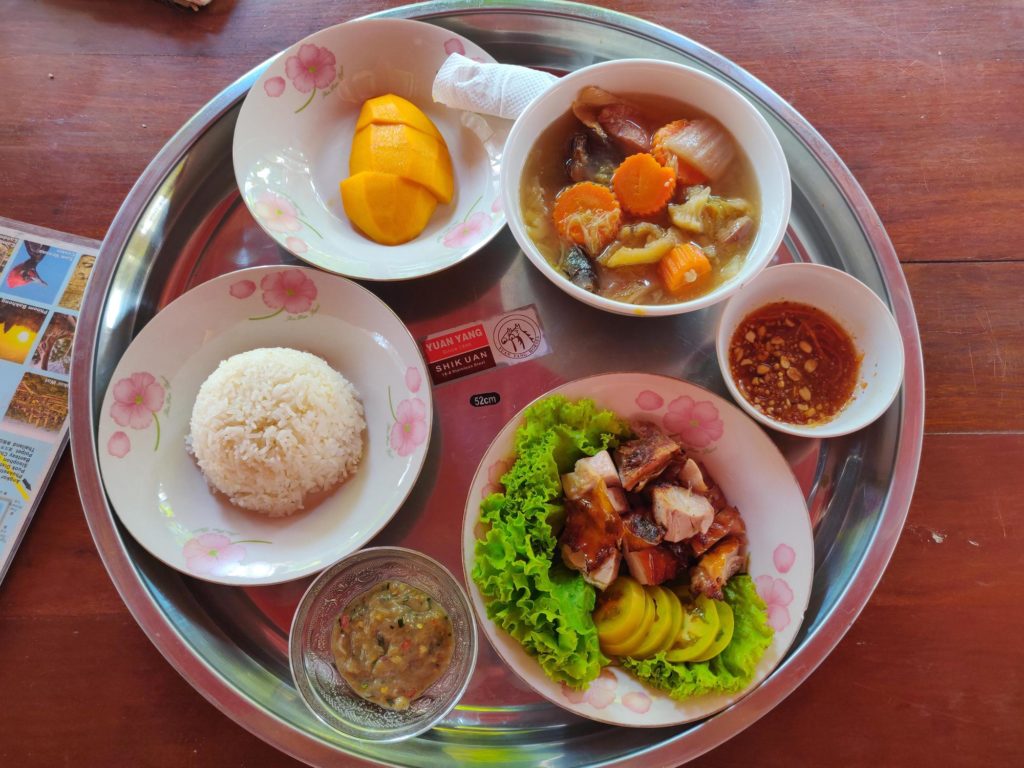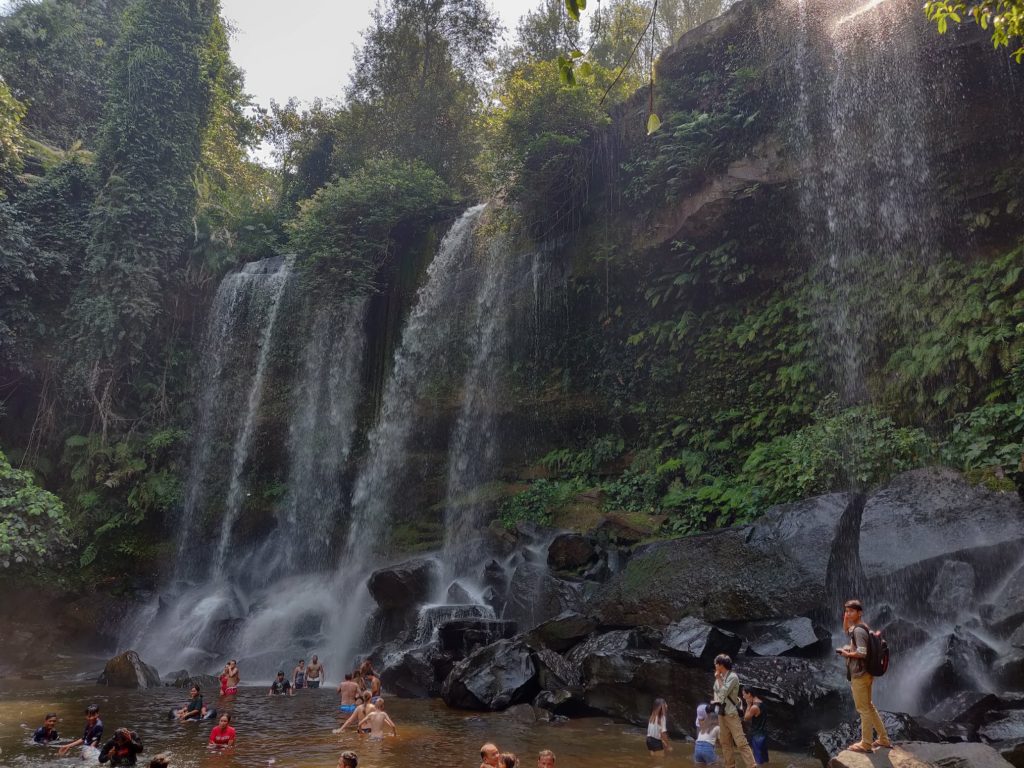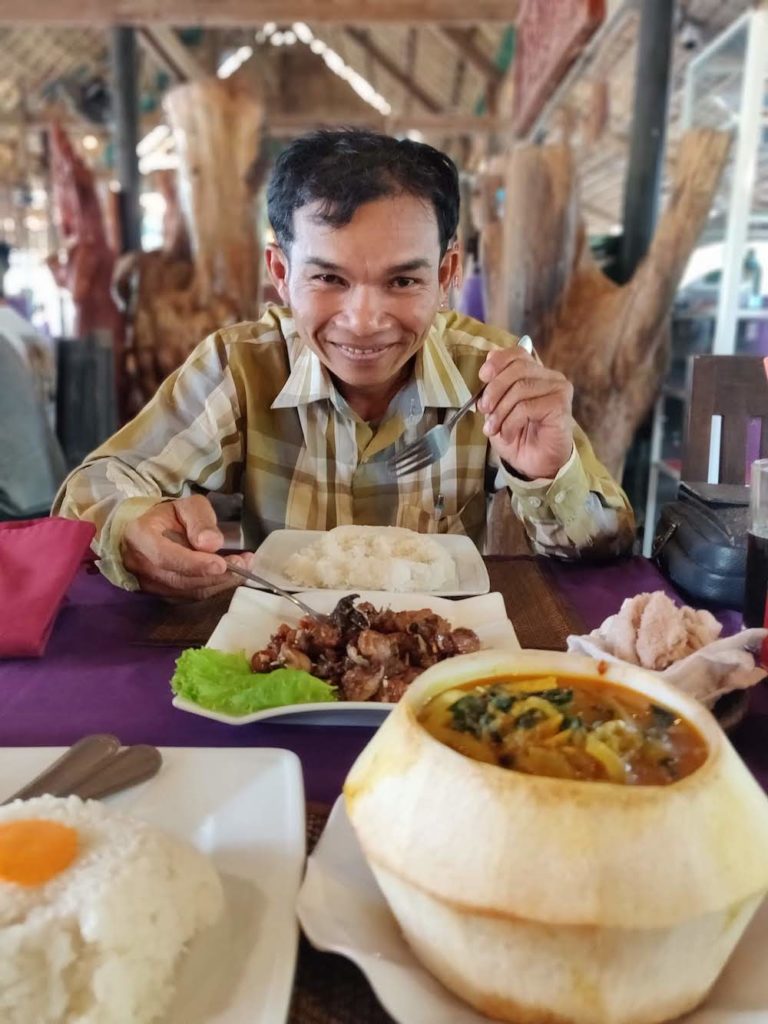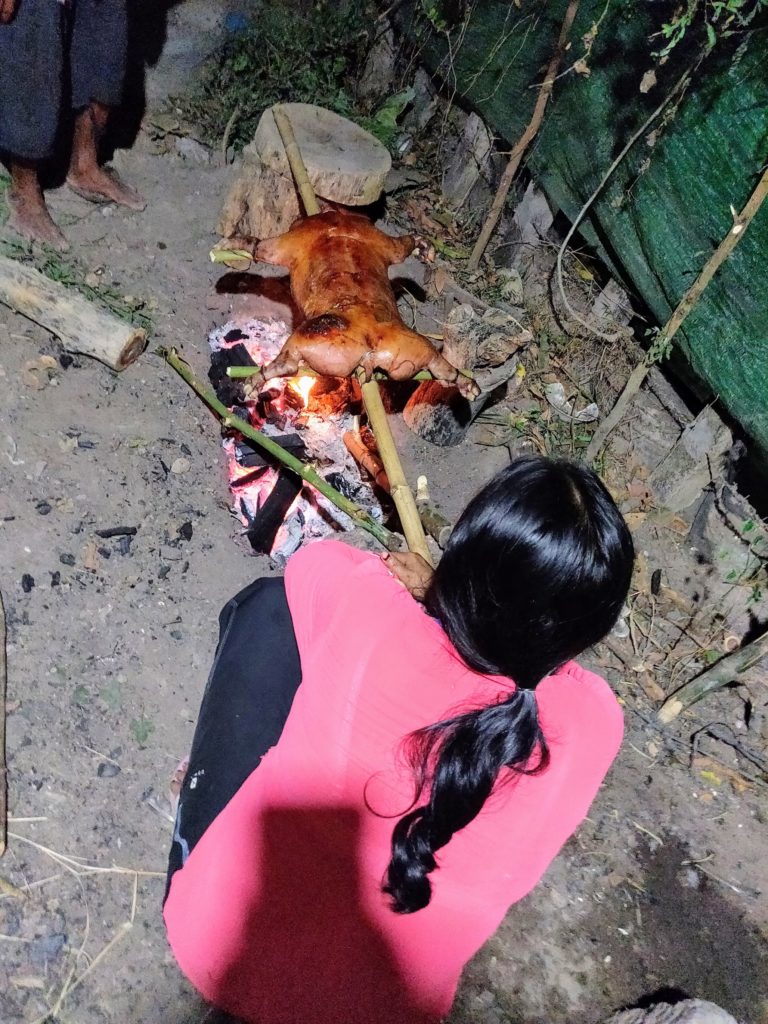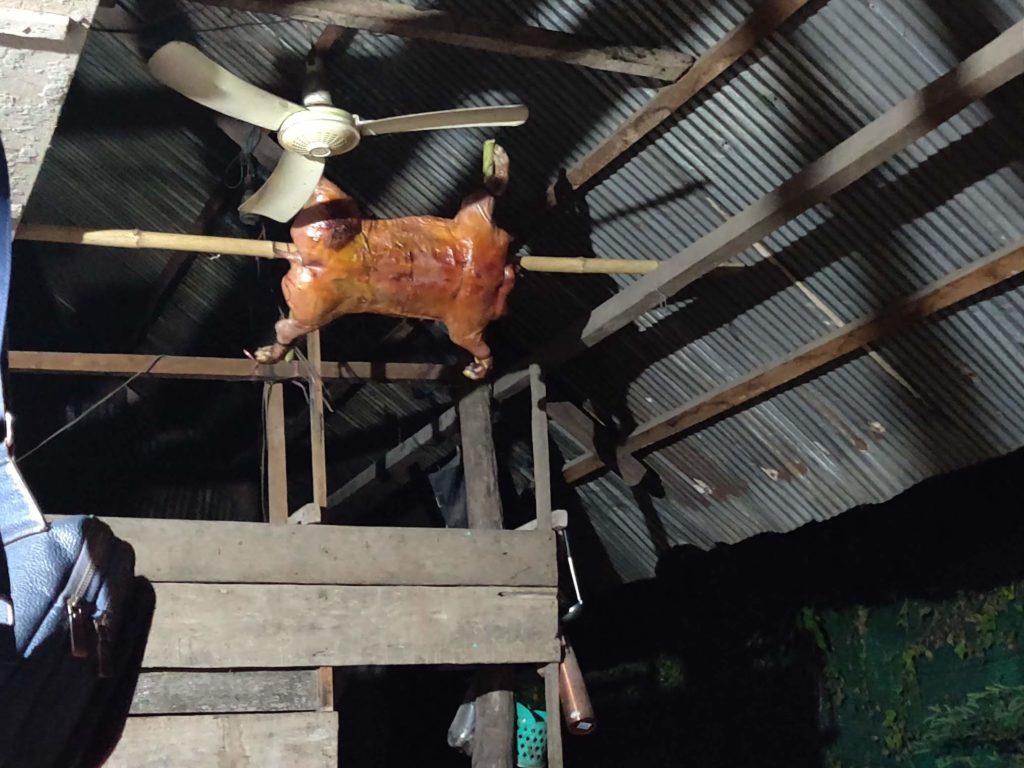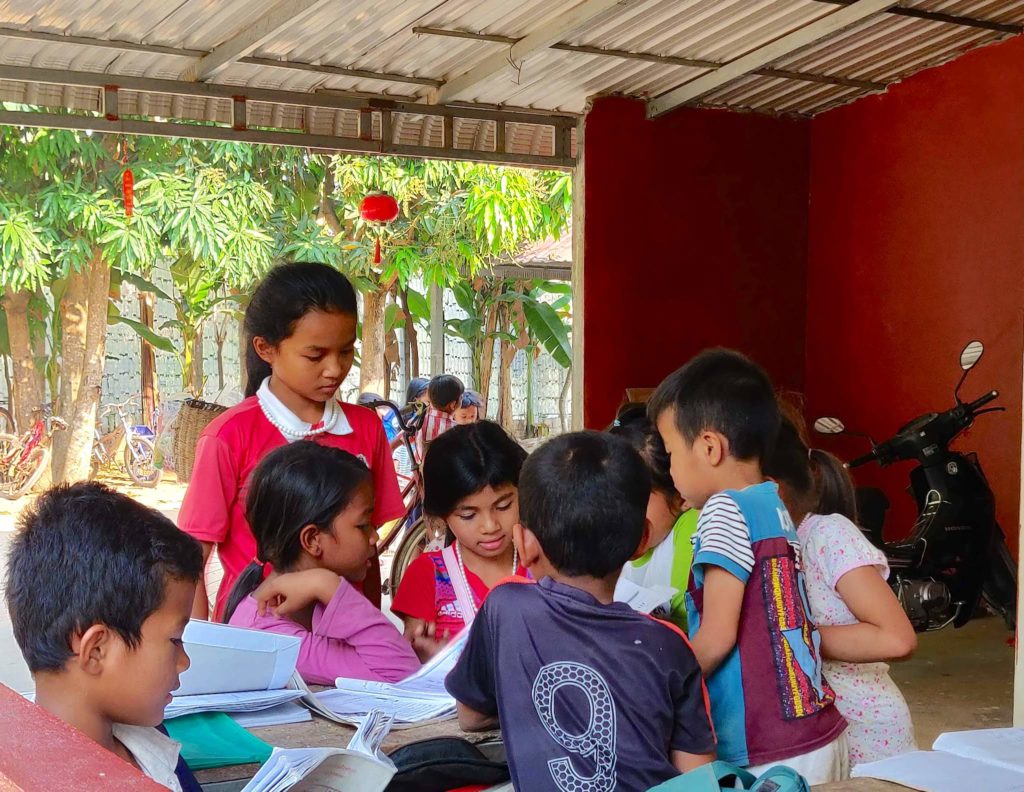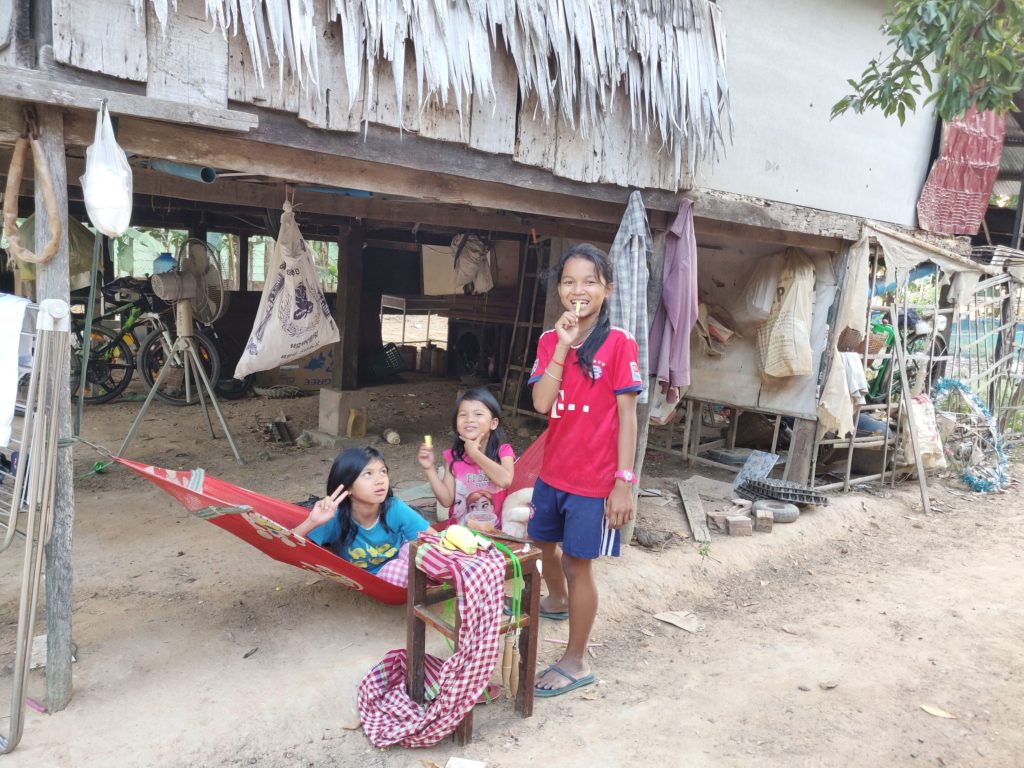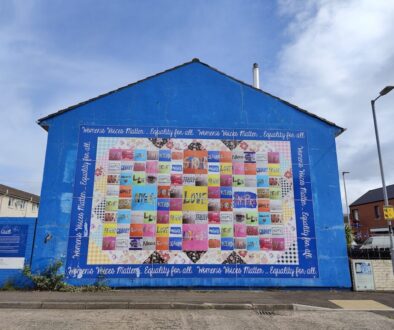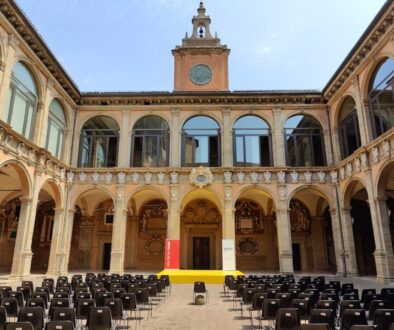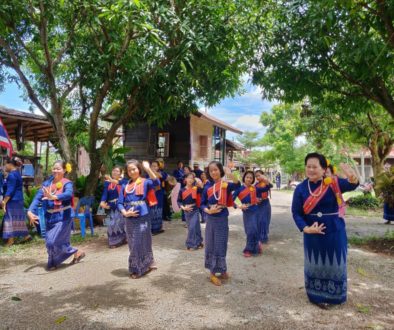The incredible story of a tuk-tuk driver on a mission to teach English to Cambodian kids
At first glance, Kim Heak appears to be just another tuk-tuk (auto rickshaw) driver in Siem Reap, Cambodia. Over the last decade, Siem Reap has rapidly grown into an exotic destination for cultural tourism, courtesy of the famous temples of Angkor, especially Angkor Wat.
At the lack of convenient public transportation, numerous locals have taken up the opportunity to provide transportation services to this growing influx of tourists. Kim Heak is one of them but he is also so much more. He is the host of an adorable homestay, a guide, and a man on a mission to teach English to about 70 odd village kids for free. His aim is to empower them to lead a better life by providing them with the same opportunities that the city kids are offered.
I encountered Kim when looking for a homestay in Siem Reap, hoping to avoid the crowds of Pub Street and looking to experience the true Khmer lifestyle. About two weeks before my trip to Siem Reap, I suddenly remembered that I was yet to book accommodation. I messaged him late at night while browsing through a website (Homestay.com) and his prompt and warm response convinced me that I needed to look no further.
About two weeks later, I arrived at Siem Reap and was greeted by a smiling face at the airport. Kim welcomed me, picked up my bag, and took me to his tuk-tuk (a traditional auto-rickshaw). We drove through the streets of Siem Reap and entered Chrey village, where his homestay is located.
Away from the crowds of Pub Street
Most travellers visit Siem Reap with the aim of touring Angkor Wat, which is undeniably a magnificent sight. Almost inevitably, they decide to stay in a hotel or hostel around Pub Street, the most touristy and happening area in Siem Reap. While Pub Street and its surrounding areas are filled with bars, cafes, restaurants, hostels and hotels, the sheer amount of commercialisation masks the true characteristics of a regular Cambodian lifestyle.
Chrey village is nothing like Pub Street. Quite the opposite in fact. It’s a small village about 20-25 mins from the city centre. The houses here resemble typical village houses found in most developing economies around Asia. The roads are dusty and there are only a few local shops around the village. Kids run around the village freely as do a bunch of dogs who also consider it their neighbourhood.
This, I believe, is how the majority of Cambodians live, even today.
As Kim drives by, passers-by wave at him. Everyone seems to know him. Everyone seems to know everyone in this village.
As soon as I arrive at Kim’s place, I am greeted by 3 smiling kids who jump around happily. The kids offer me some raw mango that they were casually munching on. I decide to take my luggage to my room after finishing the mangoes.
Life is tough. Life is simple.
My room is much bigger than I expected. It’s strangely clean and modern given the surrounding areas. The bed is even decorated with flower petals.
As I walk out and take a look at Kim and his family’s hut which is as primitive as it can be, I am suddenly drowned in a strong sense of guilt. Then, I play a quick reasoning game with myself. I convince myself that I’m helping their family by staying in this room and opting for their services. This is their source of livelihood.
Since it’s already evening, I decide to take a walk around the village and not venture too far. Two of Kim’s kids join me on the walk. They may speak only a few words of English but their passion for communicating with me is endless. They continue to try with the few words they know.
The girl is relatively more mature than her younger brother. The young boy is joyful and naughty. He would run ahead of us and then lie down on the dusty road and we would have to pull him up and drag him along. He loved this game. The girl was happy to just hold my hand and walk with me. Occasionally, she would kiss my hand and happily jump around.
In the absence of street lights, I relied on these young kids to bring me back to their place. They did not disappoint.
The rest of the evening was spent with Kim and his friends, who were building a shed beside the house. Some of them seemed hard at work while some others (including myself) devoured the fresh spring rolls given to us.
A plate full of traditional Khmer food completed the day and I decided to hit the bed.
Life may not be easy here but it is simple. The bonds between a family and a community are strong. With the help of each other, they make the best out of their lives. Their difficulties seem to ease up when they gather every evening and hang out over some local food and drinks. From my bed, I could hear the chatter and the following laughter. This supportive community keeps them happy despite their day-to-day struggles. It’s what keeps them going.
‘I never brought my family to this waterfall’
The next day Kim takes me to a waterfall and a temple far far away. We drive in his tuk-tuk for a while and from a certain point, we switch to a motorbike as the tuk-tuk is not suitable for the upcoming road. As we settle down at a restaurant after a dip in the waterfall, Kim opens up about his life.
I ask him about his English school, why he started it and how he runs it.
“I never had the opportunity to learn English while growing up. I did not attend a school in the city. I did not get the same jobs as the city kids. I want a better future for the children in my village.” – Kim tells me.
I wonder how the kids afford the English school. He informs me that the school is free. He does not charge anything to the kids. About 70+ kids from the nearby villages come to his school.
Food is served and over a delicious plate of Fish Amok, we discuss how he runs his school. He converted one of the rooms in the house into a mini school. He admits that he does not earn much but he tries to save as much as possible and uses the resources to buy stationery as well as organise school trips for the kids.
“Who teaches them English?” – I ask curiously as Kim seems to be busy with his duties as a homestay host and as a tour guide.
“There is a girl from the nearby village who I know, usually she comes to teach. A few years earlier, there was a foreigner who travelled to Siem Reap and stayed at my house. He decided to stay back in Siem Reap for a while. Often, he volunteers and teaches the kids as well. Sometimes other travellers volunteer too.” – Kim continues.
“I want to buy a computer and teach the children how to use it..but no money…may be someday..” – He says.
Lunch is coming to an end and he shows me some pictures he snapped of me earlier in the day. I thank him and ask if his family visits the waterfall often. It seems to be a good escape from the scorching heat of Siem Reap.
“I never brought my family to the waterfall” – Kim replies with a hint of sadness in his voice. He proceeds to inform me that they need a car to visit the waterfall as the whole family would not fit on the motorbike. Hiring a car for a day is too expensive. He can’t afford it.
What struck me right then and there is the daily sacrifice he makes. He can actually afford to hire a car for a day but he chooses to spend that money on his school instead. What’s better is that he does not even see it as a sacrifice. He happily does it. To him, it seems perfectly natural.
I am suddenly filled with an enormous amount of respect for him. After all, these are the kind of human beings that struggle against all odds to help the society. They happily make sacrifices on a daily basis, hoping that their sacrifices can uplift others and guide them towards a happier life.
Chinese New Year celebration in a Khmer village
That night I came home to the sight of a pig being roasted, as preparation for Chinese New Year. Part of his family traces back to a Chinese lineage, Kim tells me. “Tomorrow lots of people will come over to our house to celebrate. You are welcome to join.”
The pig is being roasted at the backyard, not in the most sanitary environment, I must admit. After a few hours, they hang the pig on a stick and place the stick under a shed. The shed covers it from the top but it remains exposed to open air from all other angles. The pig is to reside there for the night and the following day, they will roast the pig again, before serving it to guests.
The sight of the pig hanging on the stick, somehow, was a hilarious sight. I joke about it while hanging out with Kim and his family around a small table, in the courtyard. Most of his family doesn’t speak English but each of them are delighted to meet me. Kim, being the kind-hearted host he is, takes up the task of translating the important parts of the conversation to English, to make me feel welcome.
One of the elders suddenly asks me if I know of a certain Hindi (Bollywood song). I reply in the negative but offer to play some good Bollywood music for him instead. He is super excited. As I play a famous Hindi song, he suddenly stands up and starts casually dancing to the beats.
Laughter ensues. Happiness is in the air. Time stands still. Suddenly, language is no longer a barrier. Here, in an unknown tiny village in Cambodia, an Indian girl celebrates Chinese New Year with a Khmer family while listening to Hindi music. These are the moments that travellers like me live for.
Kim was not only an excellent tour guide but a thoughtful host. He made sure I feel part of his family. He gave me a taste of the joys and sorrows of their daily life and for this, I am forever grateful.
Meeting the kids and saying goodbye
Over the next two days, Kim showed me the famous temples of Angkor, the Phare Circus (which I highly recommend), Pub Street and the nearby fishing village. During the Chinese New Year, the kids of his school were also given holidays. On the last day, I finally had the opportunity to meet them.
As I handed out chocolates to them after their English lesson, each of them smiled and thanked me. They ran around playfully and curiously looked at me and the other fellow travellers who were staying in Kim’s homestay.
Saying goodbye is never easy but I took solace in knowing that I now have another group of people who I can consider my family, people who will always welcome me back with open arms.
A few passing thoughts
Cambodia, once famous for the glorious Khmer empire, today, is a country torn apart by civil war. It is also a country that shows tremendous promise.
It’s a country where you not only witness the after-effects of civil war up close but also come across magnificent people who are dedicating their lives to rebuilding the economy, the society and the country.
I have never really donated large amounts of money to charities, especially since it’s hard to determine the legitimate ones and trace the impact of the donation. But here, you have a chance to contribute to the education of the kids on a first-hand basis. You are welcome to buy them books, stationery, and anything else that might be useful. You can stay with Kim and teach the kids if you like. You can see the impact of your contributions. You can empower these kids with education and when they grow up, hopefully, they can contribute towards the development of the country.
This is a great time to visit Cambodia. You not only get to appreciate the beauty of Angkor Wat but the resilience and the warmth of the Cambodian people.
Cambodians won’t just welcome you to their homes. They will open their hearts to you. If you dare to venture beyond the comforts of the usual tourist areas, you might just form an unforgettable connection and become part of a local family.
After all, isn’t that what travel is all about? As the wise Anthony Bourdain once said, “Travel isn’t always pretty. It isn’t always comfortable. Sometimes it hurts, it even breaks your heart. But that’s okay. The journey changes you, it should change you. It leaves marks on your memory, on your consciousness, on your heart, and on your body. You take something with you. Hopefully, you leave something good behind.”
Note for travellers:
You can contact Kim at kimheak.horm@yahoo.com or book his homestay via homestay.com. It is worth noting that there is an additional charge for using air conditioning in the room but I think the fan is usually sufficient.
